China's Ministry of Commerce (MOFCOM) announced on Sunday that it would launch a review of anti-dumping tariffs imposed on hydriodic acid, a chemical widely used in the manufacturing sector, including integrated circuits, citing the possible resurgence of dumping if the duty is ended as scheduled.
The move suggests that the tariffs imposed in 2018, which will expire on Monday, will likely be kept in place, given concerns from Chinese enterprises about potential damages if U.S. and Japanese firms resort to dumping, experts said, noting that the move aims to protect China's legitimate interests.
On October 16, 2018, following an investigation, the MOFCOM imposed an anti-dumping duty of 123.4 percent on hydriodic acid import from the U.S. and 41.1 percent on imports from Japan. The five-year tariffs are set to expire on Monday.
However, the MOFCOM received a request from domestic firms for a review and extension of the duties, as they fear that ending the tariffs could lead to the resurgence of dumping by U.S. and Japanese firms, which would damage the domestic industry.
After initial investigations, the MOFCOM has decided to launch a review, starting on Monday, the ministry said in a notice on Sunday. The review will be completed by October 16, 2024.
"It is likely that after the review is completed, the anti-dumping tariffs may continue to be levied," Ma Jihua, an industry analyst, told the Global Times on Sunday, pointing to the seriousness of the dumping and rising trade tensions, particularly the illegal U.S. restrictions on sales of chips and chip-making tools to China. "Tense relations often mean higher tariffs."
Hydriodic acid is aqueous solution of hydrogen iodide. It is mainly used in the synthesis of acetic acid catalyst, the preparation of iodide, reduction of graphene oxide, integration of circuit etching agent, chemical and pharmaceutical intermediates, disinfectants, raw materials, analytical reagents of dyes and spices, and other processes. It is an important reducing agent in organic chemistry, according to the MOFCOM.
Its use in the manufacturing of semiconductors has particularly drawn attention, as Chinese firms and industries are scrambling to make breakthroughs in the chips industry, to deal with relentless U.S. assaults on Chinese companies.
"It is natural for the country to take concrete measures to protect the industry, including imposing anti-dumping duties on foreign companies that are dumping products in the Chinese market," Ma said.
The initial investigation in 2018 showed that there was dumping of hydriodic acid caused by the U.S. and Japan, and as a result, the domestic hydriodic acid industry was substantially damaged, according to the MOFCOM.
A Chinese industry analyst surnamed Xiang said that such dumping practices, if left unaddressed, could crush domestic producers of hydriodic acid.
"This is to ensure that foreign dumping is controlled, and that such a key chemical will be produced by our own enterprises too," Xiang told the Global Times on Sunday.
Analysts also noted that the imposing of relatively high tariffs on hydriodic acid imports from the U.S. and Japan highlights the damage of dumping on Chinese industries and shows that China's domestic industry can ensure sufficient supplies and meet market demand at home.








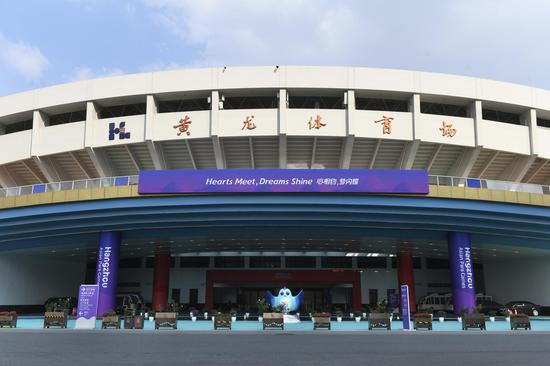




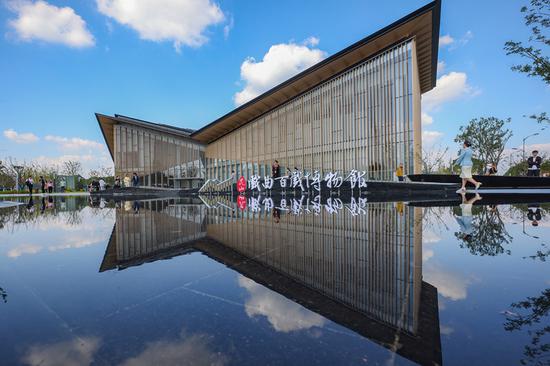

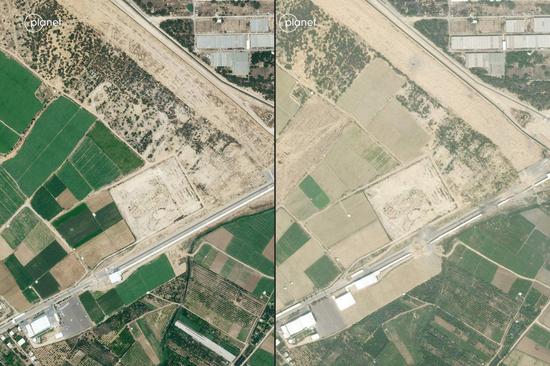

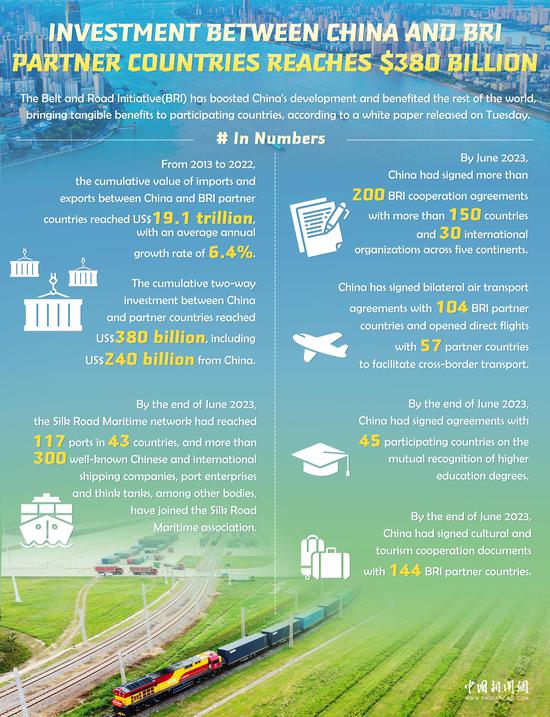





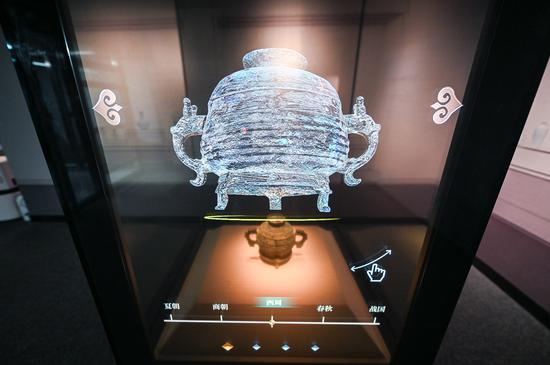






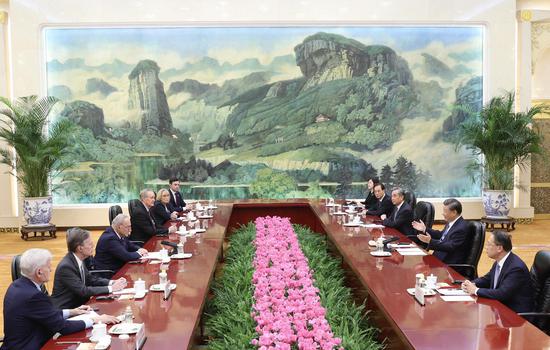






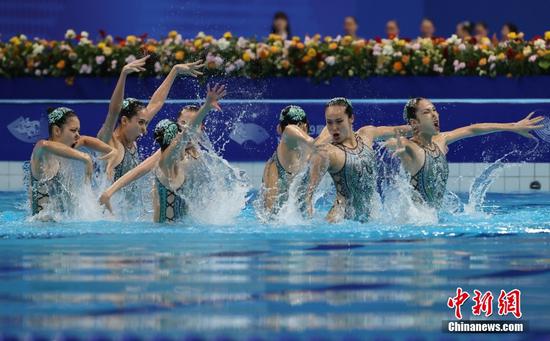

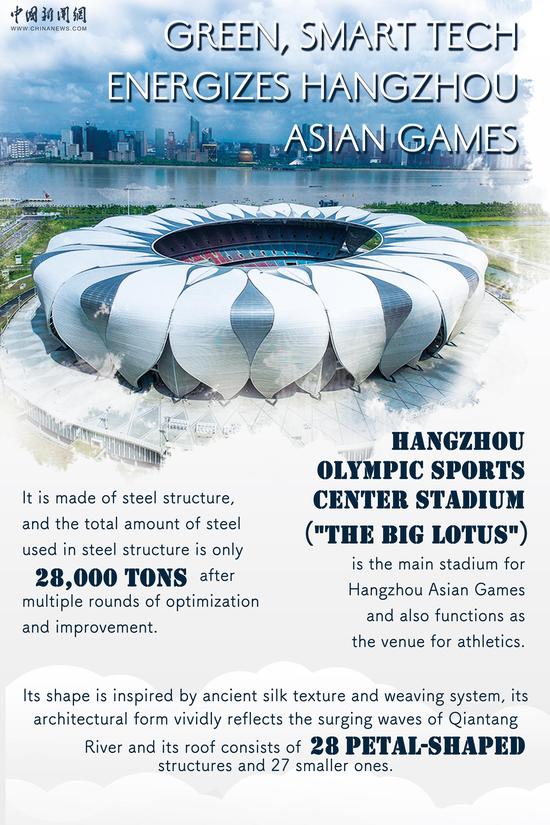
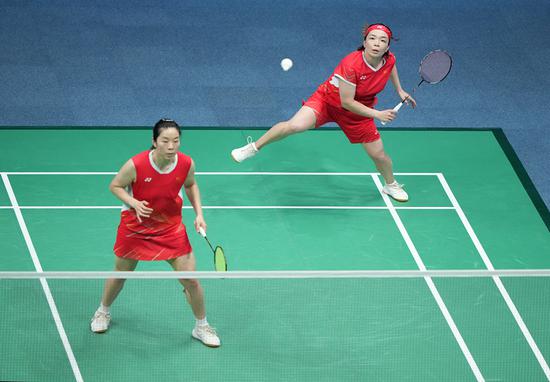









 京公网安备 11010202009201号
京公网安备 11010202009201号